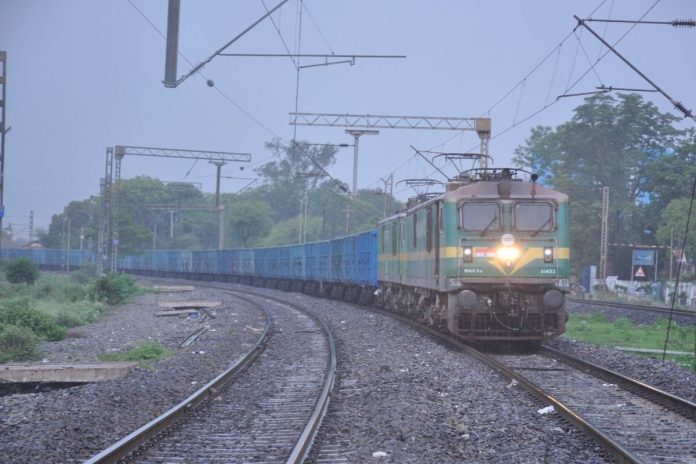Snapshot
‘Super Vasuki’ was powered by five locomotives to carry the highest fuel transportation from Korba to Rajnandgaon in Chhattisgarh in 11 hours and 20 minutes.
As part of Azadi Ka Amrit Mahotsav celebrations, Indian Railways hauled a 3.5 km long train with 295 loaded wagons with 27,000 tonnes of coal, a record in coal transportation in the rail sector in a single train arrangement.
Branded ‘Super Vasuki’, the longest freight train formed in Bilaspur Division of South East Central Zone was powered by five locomotives to carry the highest fuel transportation from Korba to Rajnandgaon in Chhattisgarh in 11 hours 20 minutes. The train was formed by amalgamating five rakes of goods trains as one unit and making it a longest train like Vasuki, the longest snake in mythology. Vasuki is believed to be the king of the serpents in Hindu mythology.
It is assumed that the amount of coal carried by Super Vasuki is enough to fire 3,000 MW of power plant for one full day. This is more than thrice the capacity of existing railway rakes (90 cars with 100 tonne in each) that carries about 9,000 tonne of coal in one journey.
The railways has run long freight trains last year too, under the names Vasuki and Trishul. But those arrangements were smaller than Super Vasuki as the length of earlier trains extended up to 2.8 km, nothing like 3.5 km in the latest version.

The railways is now exploring to continue with this arrangement of longer freight trains more often, especially to transport coal in peak demand season to prevent fuel shortages of power stations.
Coal shortages had pushed the country into a severe power crisis earlier this year forcing the railways to cancel many passenger trains to facilitate faster movement of freight trains carrying coal.
With the Dedicated Freight Corridor slated for completion next year, it will give a leg up to running longer freight trains as it would be done with least obstruction to movement of passenger trains. The 3.5 km long train takes about four minutes to cross a station, paving the way for more trains to follow the route.


